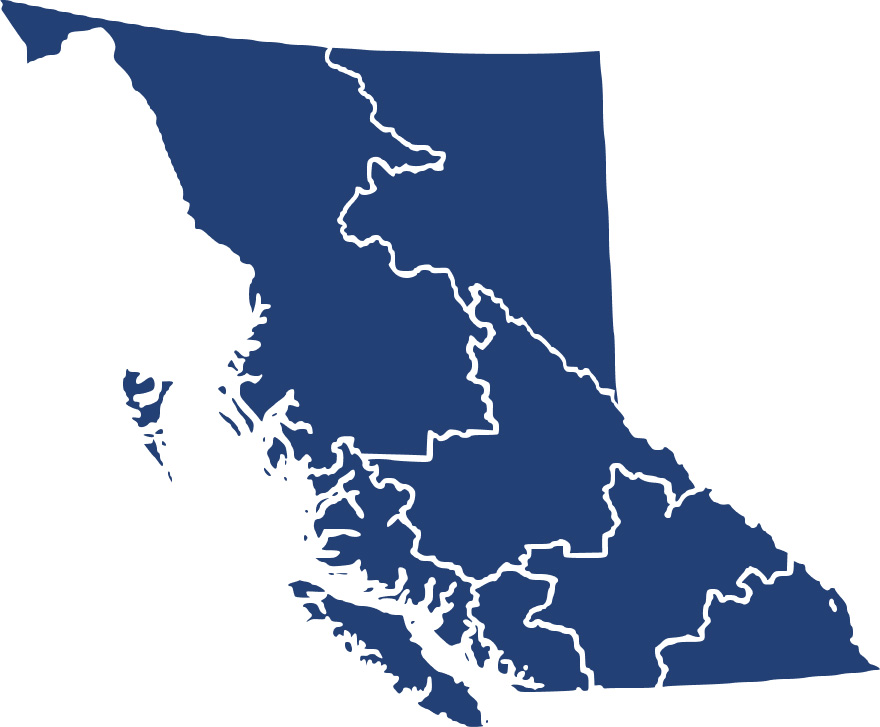Career Overview
Managers in transportation:
- Plan, organize and direct the operations of transportation companies such as railways, airlines, bus lines, municipal transit systems, shipping lines and trucking companies, under the direction of a general manager or other senior manager
- Plan, organize and direct companies or departments responsible for the transportation and movement of goods, under the direction of a general manager or other senior manager
- Work for transportation, freight forwarding and shipping companies and for transportation departments of companies in retail and manufacturing sectors and utilities
Duties
Managers in transportation operations:
- Plan, organize and direct the operations of a transportation company
- Set operations policies and standards, including determination of safety procedures for the handling of dangerous goods, and ensure compliance with transport regulations
- Oversee dispatch of vehicles, vessels or aircraft
- Control the company or departmental budget
- Oversee company's or department's performance, prepare reports for senior management, and plan for changes to schedules and policies
- Hire employees and oversee their training
Managers in transportation freight traffic:
- Plan, organize and direct the activities of companies or departments responsible for co-ordinating, arranging and monitoring the transportation and movement of goods
- Arrange for shipping documentation and oversee the scheduling and dispatching of goods and the tracking and tracing of goods in transit
- Set performance goals, oversee the setting of transportation service rates and oversee revenue
- Develop plans and procedures for the transportation and storage of goods
- Negotiate with carriers, warehouse operators and insurance company representatives for services and preferential rates
- Control the departmental budget
- Hire employees and oversee their training
Earnings
Earnings is income that workers receive in exchange for their labour. Depending on the type of employment, earnings can be in the form of wages (hourly), salaries (fixed monthly or annual) or self-employed earnings.
Work Environment
# Workers Employed
5,970% Employed Full Time
78%Work in this occupation is typically performed in a structured environment, such as an office.
Career Pathways
There is little or no mobility between transportation managers, operations and transportation managers, freight traffic.
There is little or no mobility between transportation managers of land, sea and air transportation operations.
Related Careers
Occupational Interests
It’s important to understand what kinds of occupations align with your interests.
For more about occupational interests visit Skills for the Future Workforce > Characteristics.
Here are the top occupational interest(s) for this career profile:
Job Titles
Education, Training and Skills
Managers in transportation operations:
- A bachelor's degree in business administration or engineering is usually required
- Several years of experience in transportation operations are usually required, including supervisory experience
- Extensive experience as a supervisor and operator in a particular transport mode, such as a pilot, train engineer, vessel master or truck driver, may substitute for formal education
- Certification as an operator of a particular mode of transportation, such as commercial pilot, vessel master or truck driver, is usually required
Managers in transportation freight traffic:
- Completion of secondary school is required
- A college diploma or university degree in business or transportation administration may be required
- Several years of clerical, operational or administrative experience related to freight traffic are required
Education programs in B.C.
The following program areas are related to this occupation:
- Business Administration/Management/Commerce
- Civil Engineering Technology Related
- Computer Engineering Related
- Electrical, Electronic & Communications Engineering
- Engineering Science
- Mechanical Engineering
- Chemical Engineering

Skills
Every job calls for a certain set of skills. Knowing those skills is the first step in finding a good career fit.
Here, you will find the 10 most relevant workplace skills. Some are more important to achieving success in a certain career than others. These skills may come naturally to you or you may need to gain them through education, training and experience.
See the list of work-related skills below, ranked in order of importance for this career. Check out the list and see if this career matches your skills—take that first step!
Talking to others to share information effectively.
Keeping track of and assessing your performance, other individuals, or organizations to make improvements or take corrective action.
Understanding written sentences and paragraphs in work-related documents.
Adjusting actions in relation to others' actions.
Giving full attention to what other people are saying, taking time to understand the points being made, asking questions as appropriate, and not interrupting at inappropriate times.
Using logic and reasoning to identify the strengths and weaknesses of alternative solutions, conclusions or approaches to problems.
Being able to solve novel, ill-defined problems in complex, real-world settings.
Managing one’s own time and the time of others.
Considering the relative costs and benefits of potential actions to choose the most appropriate one.
Communicating effectively in writing as appropriate for the needs of the audience.
Labour Market Statistics
Discover data, facts and information that have been gathered and analyzed. Learn about the characteristics of the economy and labour market in B.C.
Employment
Find out about employment types and trends by region and industry.
Employment
5,970Employment by Region















| Region | Employment | % Employment of this Occupation |
|---|---|---|
| Cariboo | 185 | 3.1% |
| Kootenay | 125 | 2.1% |
| Mainland/Southwest | 4,310 | 72.1% |
| North Coast and Nechako | 95 | 1.6% |
| Northeast | 50 | 0.8% |
| Thompson-Okanagan | 515 | 8.6% |
| Vancouver Island/Coast | 690 | 11.5% |
Labour Market Outlook
The B.C. Labour Market Outlook is a 10-year forecast of the expected supply and demand for labour in the province. It’s usually updated every year. The purpose is to provide British Columbians with the knowledge to make informed decisions on careers, skills training, education and hiring.
Forecasted Job Openings (2023-2033)
2,850Forecasted Job Openings
Forecasted Employment Growth Rate
Composition of Job Openings
Job Openings by Region (2023-2033)















| Region | Job Openings | Avg. Annual Employment Growth |
|---|---|---|
| Cariboo | 40 | -0.7% |
| Kootenay | 80 | 0.4% |
| Mainland/Southwest | 2,010 | 0.9% |
| North Coast and Nechako | 80 | 3.8% |
| Northeast | 10 | 1.1% |
| Thompson-Okanagan | 280 | 1.2% |
| Vancouver Island/Coast | 350 | 1.2% |
Industry Highlights
Learn about the opportunities in B.C.'s major industries, including employment trends, earning potential, locations of work and more.
Forecasted Job Openings by Industry
| Industry | Job Openings (2023-2033) |
|---|---|
| Transportation And Warehousing | 1,830 |
| Wholesale Trade | 260 |
| Professional, Scientific And Technical Services | 150 |
| Retail Trade | 140 |
| Public Administration | 110 |
Resources
Resource information is currently not available.








